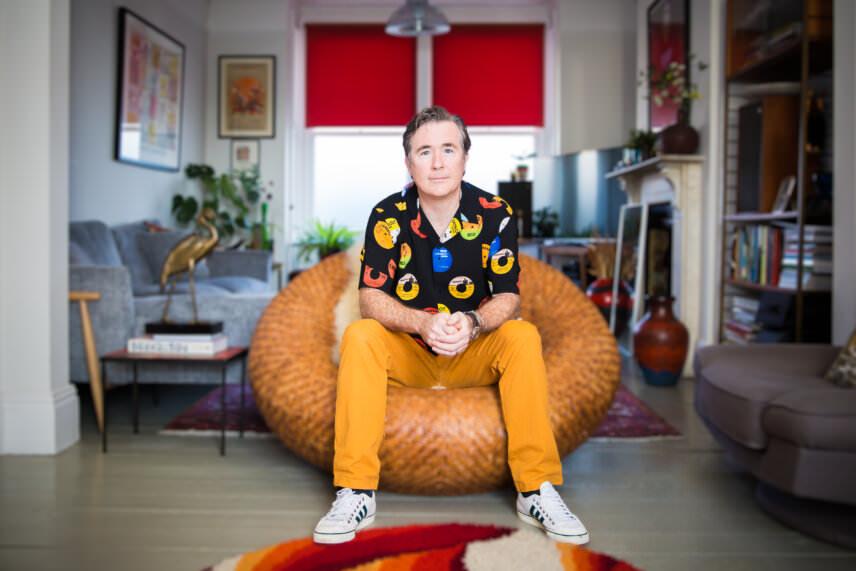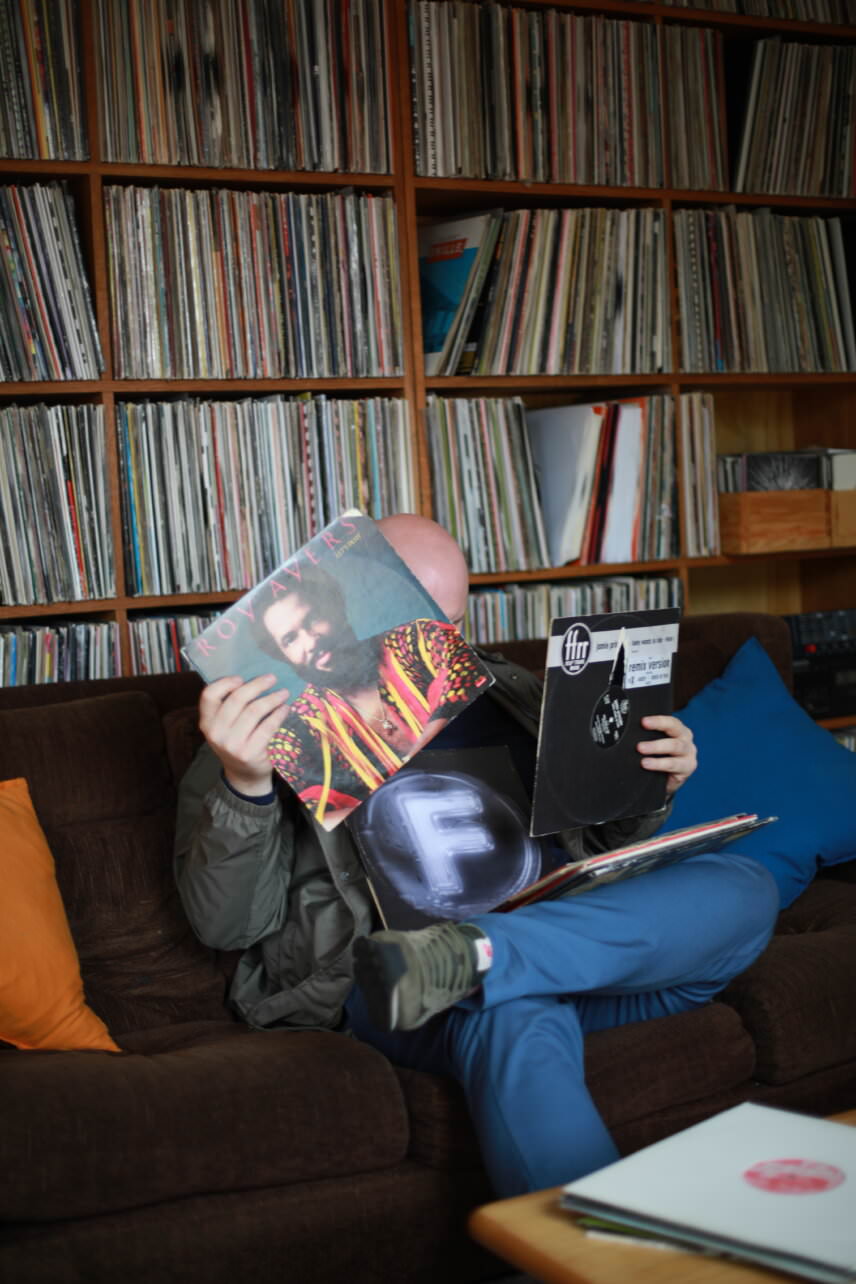In the fourth instalment of our investigation into streaming, we speak with a producer and label boss who are perfectly happy working with Spotify. Earlier in the series, we focused on those leaving Spotify, such as Skee Mask or Neil Young, but in this feature, we’re looking at it from the other side.
The first few months of this year have been tumultuous for Spotify. Aside from the ongoing artist-led campaign to increase royalties, the streaming giant alienated sections of their customer and artist base with news of their €100 million investment into Helsing, a European defence AI company.
The streaming behemoth then came under fire, first for hosting anti-vax content and then for hosting far-right and racist content, which led to several major artists leaving the platform altogether in protest. In January, February and March this year, Attack spoke with music industry personnel who have chosen to remove their or their label’s music from Spotify, and we’ve often covered aspects of the debate. What’s becoming clear is that the role of the major labels in creating and sustaining the current system has been under-discussed and that any move towards a more equitable model would have to acknowledge this.
However, streaming remains a complicated picture. Go to any large scale music industry conference and you’ll witness a procession of execs and artists who are perfectly happy with the streaming model. We spoke with two of them to understand how they’re making Spotify work for them.
Trevor McNamee
Trevor McNamee has been running the independent label and publishers Jalapeno Records for 21 years and prior to that he worked for 5 years in marketing for major labels Polydor, London, BMG and Jive. He describes himself as “generally pro-Spotify and streaming though I haven’t completely drunk the Kool Aid” and comes at the issue from a label rather than artist perspective.
What’s been your experience of Spotify?
For us Spotify was the much-needed solution to illegal downloading which was endemic before there was a decent streaming option.
The vast majority of our fans and customers have embraced streaming as one of the main ways they want to enjoy music and are happy to pay for it so harking back to other, more profitable formats is pointless as is people asking for a penny a stream which would make the subscription model broke inside a month. The income from Spotify is reasonable to me – about £4,000 GBP per million streams.
While it’s certainly not easy to get a million streams it’s also not impossible across a global audience for whom there is no incremental cost to stream your music. If you can’t occasionally hit a million and make it into low hundreds of thousands of streams for a decent proportion of your releases then it is probably best to consider music as your side hustle.
Many of the detractors are heritage musicians who don’t like or use current marketing techniques and who signed all their rights away on terrible deals to the majors.
Trevor McNamee
The income from streaming can be compared to download income (against which it pays much less) but also to public performance income for radio play (against which it pays much more). I tend towards the latter comparison.
The streaming model rewards those that engage with it and drive their fans there. Certain (generally younger) artists are very adept at monetising this format as this kind of fan interaction is second nature to them. Many of the detractors are heritage musicians who don’t like or use current marketing techniques and who signed all their rights away on terrible deals to the majors.

The main thing that Spotify gives us as a label is a very regular and predictable income across our catalogue which allows us to invest in new music by our current artists as well as new signings.
From when a track is released on Spotify, it will generate money every day, unlike the old model where most income was in the first month after release. I believe (although it is anecdotal) that the churn of labels setting up, having a couple of good years then going bust (owing everyone including their artists) when they overplay their hand is much lower.
Spotify has been criticised for its royalty rate, pro-rata system, being paid by labels to put specific songs on playlists etc. Do you have any thoughts on these issues?
I certainly don’t think Spotify is perfect. I think the majors have much better access to playlisting than indies but that’s always been the case back to who got racking at HMV. They would be foolish not to use the competitive access to the market that the size and quality of their roster give them.
I also think a pro-rata system of payments would be fairer to more esoteric labels like ourselves and I think the master/publishing split could also be more balanced.
I believe that stuff will get resolved over time. In the meantime, it is still very much possible for an indie to make good money on Spotify. The valuation of Spotify and Daniel Ek personally is entirely in its share value and the expectation they will make significant profits in the future, not in hard cash that the company is currently making.
As well as Daniel Ek, all the majors and most of the indies (including ourselves via Merlin) owned a share in Spotify from the beginning which was cashed out a couple of years back for very significant numbers. We shared ours with our artists based on our 50/50 deals so I can’t complain when the guy who founded it has seen his shares make the same jump in value.
Ultimately streaming is only one income stream out of physical/downloads/streaming/Neighbouring Rights (PPL)/publishing/sync for us and our artists. But it is a significant one and also one that I think is driving the vinyl LP revolution where casual fans can try before they buy an expensive £30 vinyl version of the records they come to love.
I’m not sure how many people are up for buying a cool (but very expensive) format blind. I know that a lot of my vinyl album purchases have been albums that I listened to first on Spotify and then wanted to have in my collection.
TK
Musician and songwriter TK of Girls Of The Internet (GOTI) produces all and writes most of what GOTI put out as well as playing samplers and drum machines in their live show. In addition, he also manages their label which only releases their music.
What’s been your experience of Spotify?
We put a lot of resources into making Spotify, Apple Music, Tidal, etc. work for us, because I knew it’s how the majority of people consume music.
It has taken a lot of work, patience, and most importantly, consistency, but we have now built up our streaming revenues where they are actually making us a good living monthly. Just with the money we make from Spotify, we can live off making music, so any other revenue (live etc.) is just a bonus.
Our streaming numbers are not astronomical, but they still make us a very good living. To date, we have had 5.5m listeners, and 25m streams total since 2017. As we are independent, we take 100% of that money – aside from the 2 singles we have done with other labels.


Spotify has been criticised for its royalty rate, pro-rata system, being paid by labels to put specific songs on playlists etc. Do you have any thoughts on these issues?
I worked in the music industry for many years and watched the label I managed go from great success to having huge debts in a very short amount of time. We lived through a huge recession in the music industry, brought on by digital music files. The advent of streaming is what saved the industry.
I don’t know anything about labels paying Spotify to be put on playlists – we have never paid for a single placement we have ever received.
These aren’t problems with streaming, they’re problems with contracts, managers, and major labels.
TK, Girls Of The Internet
As far as I can see, a lot of the bad press is down to artists being on a record label with a shitty deal; usually an older artist, or just somebody who signed a very old fashioned contract. The other side is younger artists who are perhaps not putting in the time and effort and consistency to promote their music on the platform if they are independent.
Either that or their labels are taking a percentage of their revenue leaving them with not enough to live off. I know many independent artists who are making good money from streaming, but it doesn’t happen overnight.
We were running at a loss for a couple of years, and we don’t have any big label behind us funding projects. You are the one arranging promotion, paying for press & PR, radio pluggers, and finding a suitable distributor who can help push your music – it’s a lot of work and effort.

The older artists I see moaning about this in the press have old recording contracts where, firstly, their music is not currently being released, so aren’t benefiting from having a promotional campaign running while streaming exists, and secondly, they have a bad royalty rate based off an industry that did not take streaming into consideration. These aren’t problems with streaming, they’re problems with contracts, managers, and major labels.
I firmly believe Spotify is making careers possible for a lot of independent artists to have careers, and while the model doesn’t allow for big budgets and fat advances anymore, it does provide a regular and stable income for many.
For more on this subject read “I Removed My Music From Spotify” – Why Artists Are Stepping Away parts One, Two & Three, If Streaming Isn’t Going Away Can We Make It Fairer?, Swimming Against The Stream and Streaming Won’t Kill DJing But It Might Just Create DJ Ghosts.
